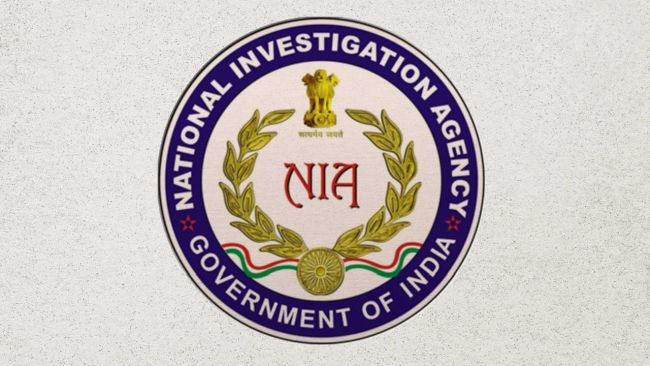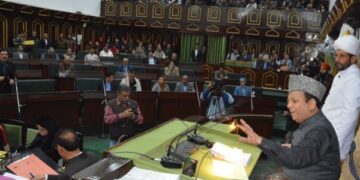Srinagar, May 30: The High Court has held that J&K’s Financial Commissioner (FC) retains full authority to determine the legality of any order passed by any Revenue officer under the Jammu & Kashmir Land Revenue Act.
“A bare perusal of the provisions of section 8 and 10 of the Land Revenue Act of 1996 supra read with section 15 supra envisaging revisional powers of the Financial Commissioner manifestly demonstrates that same do not admit of any exception under any circumstances as all the revenue officers named in the Act of 1996 are subject to overall control and superintendence of the Financial Commissioner in addition to his revisional jurisdiction,” Justice Javed Iqbal Wani ruled in a case of land dispute between three Sikh brothers at Rangreth Budgam.
The judgment ensued in a case involving some land situated in estate Rangreth, Budgam. The land had jointly vested in favour of three brothers — Tirath Singh, Kulvant Singh and Nirmal Singh — under the Agrarian Reforms Act, 1976 upon attestation of mutation in 1996 under section 8 of the Act of 1976.
After nine months another mutation bearing number 727 in terms of section 121 of the Land Revenue Act of 1996 came to be ”surreptitiously” attested in 1997 for two thirds of the total land in favour of Tirath Singh. The mutation excluding the other two brothers of Tirath was affected by the Tehsildar Settlement of the area.
The mutation was challenged by the aggrieved before the Divisional Commissioner, Kashmir on the ground that the mutation was attested in ex-parte without serving any notice.
The Divisional Commissioner agreed with the contentions and recommended to the Financial Commissioner for setting aside the mutation 727.
The Financial Commissioner rejected the reference. But his subsequent incumbent in 2015 accepted the recommendation. He ordered “mutation no. 727 dated 27.1.1997 had been attested without notice to the affected parties in the matter and that the land in question had got vested in the parties in terms of section 8 of the Act of 1976 supra and, as such, no mutation could have been attested under section 121 of the Act of 1996 supra.”
The order of Financial Commissioner was challenged by Tirath Singh’s children on the ground “section 121 of the Act of 1996 supra is a stand-alone provision and only remedy available to an aggrieved person against an order passed under section 121 of the Act of 1996 supra is to file either an appeal or a civil suit under the said section as provided in the said section. The power of revision enshrined under section 15 supra could not be invoked or exercised by the Financial Commissioner.”
After hearing the contending parties Justice Wani held “… by no means would it suggest exclusion of general power of revision available to the Financial Commissioner under section 15 of the Act of 1996, which would continue to exist notwithstanding the special remedy provided under said section 121 of the Act of 1996 supra” adding that the jurisdiction of the Divisional Commissioner gets barred under settlement operations by virtue of section 6(6) of the Act of 1996, revisional powers of Financial Commissioner under section 15 supra would remain intact and unaffected.
The bench deflated the plea that section 121 of the Act of 1996 supra is standalone provision and said “the revisional power of the Financial Commissioner under section 15 supra is held to be of wide magnitude. It is not barred by the provisions of section 121 of the Act of 1996 supra. The Financial Commissioner would retain the said revisional power to determine the legality of the orders passed by the subordinate officers under his jurisdiction in order to correct patent errors”.
He explained …. “the Financial Commissioner retains full authority to determine the legality of any order that may be passed by any revenue officer under his control provided the conditions that are sine qua non for passing of such orders exist which would include orders those may be passed under section 121 of the Act of 1996”.
The court accordingly dismissed the petitions of the children of Tirath Singh.








